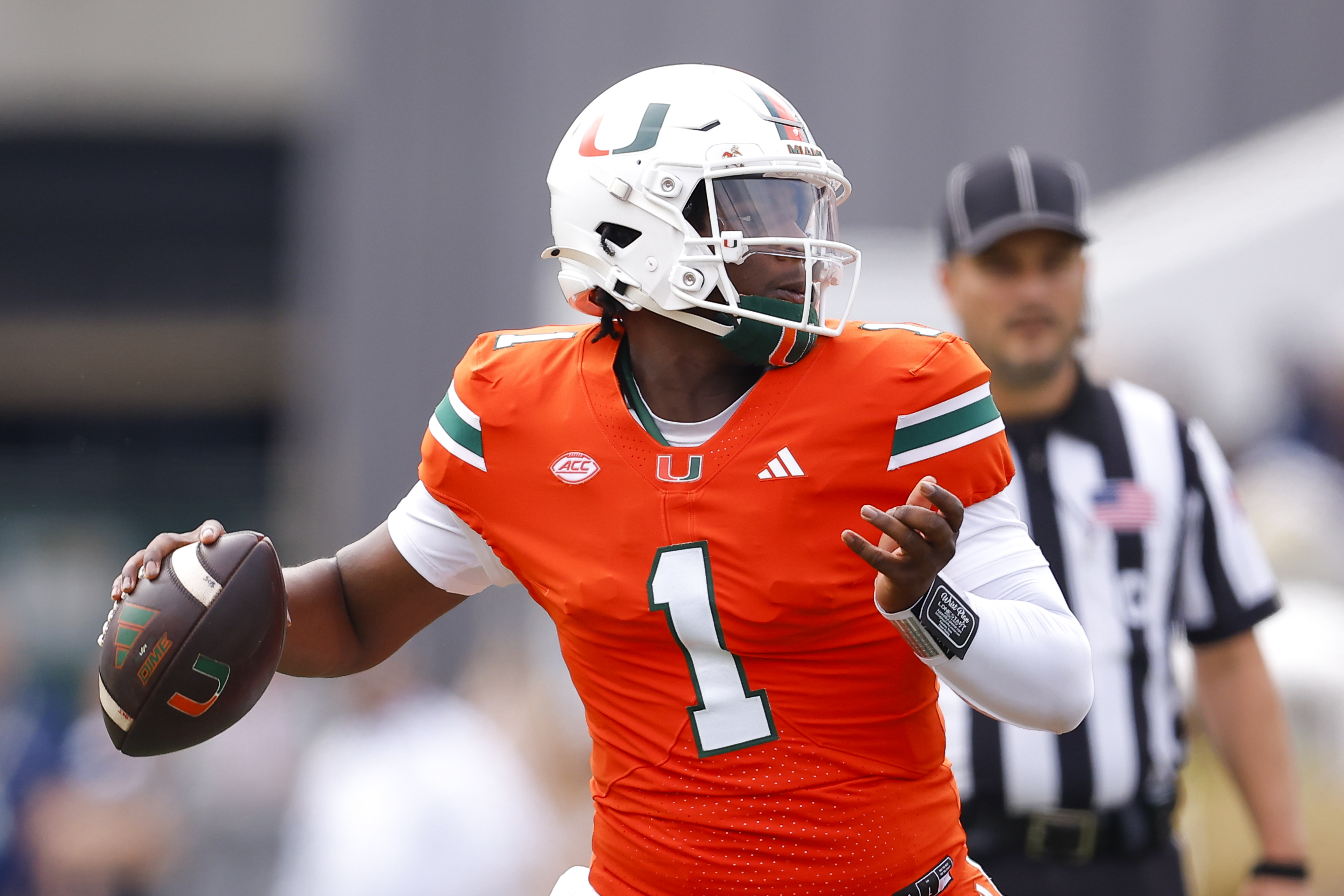Former President Donald Trump, the GOP nominee, "could make history" and break a 20-year record by winning the popular vote in next month's election, election analyst Harry Enten said on Friday.
Enten, a CNN political data reporter, showed a few recent polls on CNN News Central on Friday with Trump and Vice President Kamala Harris, the Democratic nominee, essentially tied for the popular vote.
The popular vote doesn't decide the election due to the country's Electoral College system, which instead counts each states' given number of electoral votes until one candidate reaches the 270 threshold that is needed to win the White House. Nevertheless, the popular vote can determine how many Americans overall supported each candidate, and to win it is still an achievement.
For Trump, if he wins the popular vote, it would not only be an achievement but a historic event for himself since he lost the popular vote twice in 2016 and 2020.
During his first run for the Oval Office, Trump lost the popular vote to his Democratic opponent, former U.S. Secretary of State Hillary Clinton, by roughly 3 million votes (65,853,514 to 62,984,828). But he did win the electoral vote 304 to 227, which won him the presidency.
In 2020, Trump lost the popular vote and the Electoral College to his Democratic opponent, now-President Joe Biden. Biden received roughly 7 million more votes than Trump overall (81,268,867 to 74,216,747) and got 306 electoral votes compared to Trump's 232.
"He could make history—not only for Donald Trump but for a Republican candidate as well," Enten said after explaining how no Republican presidential candidate has won the popular vote since George W. Bush in his successful 2004 reelection bid against his Democratic opponent, then-Massachusetts Senator John Kerry.
Bush, like Trump in 2016, won the Electoral College but lost the popular vote in a razor-thin race against his Democratic opponent, then-Vice President Al Gore in 2000.
Enten also mentioned that the last time the Republican Party won the popular vote since Bush v. Kerry was in 1988 when Bush's father, George H.W. Bush received more electoral votes and votes overall than his Democratic opponent, then-Massachusetts Governor Michael Dukakis.
The election analyst did give a "potentially good sign for Democrats" in a scenario where Harris wins the Electoral College.
"You can dig down into the state-level polling and see that Donald Trump is doing particularly well in California, Florida, New York and Texas," Enten said.
He continued: "Of course, none of these states are really on the board at this point, so Donald Trump may end up gaining in the national popular vote polls, but actually he's wasting votes, which could, in fact, lead to a case where Kamala Harris could sneak by in the Electoral College by sweeping those Great Lake battleground states, which at this point, are way too close to call."
California and New York are safe blue states while Florida and Texas are expected to remain red, but states like Michigan, Pennsylvania and Wisconsin are a toss-up.
Newsweek reached out to Trump and Harris' campaigns via email for comment Saturday morning.

What Do the Polls Show?
A New York Times/Siena College poll conducted from October 20 to 23 found that Harris and Trump are tied with 48 percent of voter support each. The poll surveyed 2,516 likely voters nationwide and has a margin of error of plus or minus 2.2 percentage points.
A Wall Street Journal poll conducted between October 19 and 22 has Trump leading Harris 47 to 45 percent. The poll surveyed 1,500 registered voters and has a margin of error of plus or minus 2.5 percentage points.
A YouGov poll conducted for the Times and SAY24—a joint project of Standford, Arizona State and Yale Universities—found Harris ahead of Trump by 47 to 45 percent. The poll surveyed 1,266 registered voters from October 18 to 21 and has a margin of error of about 3 percent.
A CNBC poll conducted between October 15 and 19 has Trump ahead of Harris by 48 to 46 percent. The poll surveyed 1,000 voters nationwide and has a margin of error of 3.1 percent.
An ABC News/Ipsos poll conducted from October 4 to 8 found Harris with 51 percent of voter support compared to Trump's 48 percent. The poll surveyed 2,631 U.S. adults and has a margin of error of plus or minus 2 percentage points.

















:quality(85):upscale()/2024/04/24/878/n/3019466/36c5693c662965c5d1ce91.72473705_.jpg)


 English (US) ·
English (US) ·